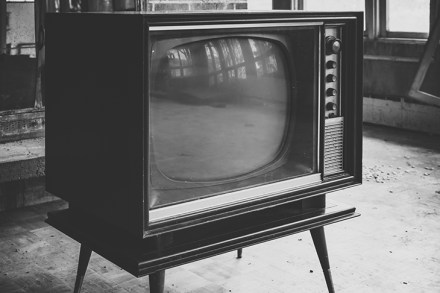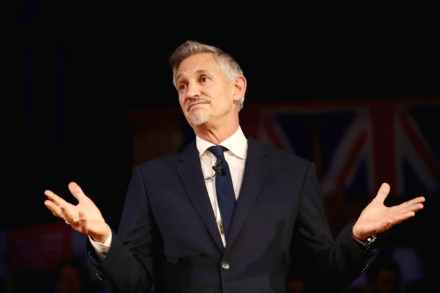How I fell out of love with the BBC
One of the many technological things I don’t understand is, how come I’m paying to watch television? I know why I used to pay. I used to switch on a box in the corner of the room and marvel at the choice of three quite interesting programmes and something slightly racy on Channel 4. It was all reassuringly underwhelming, with everyone doing as well as could be expected given the circumstances. The cardboard sets on a lot of the shows wobbled and we were happier for it, one could argue. There was an obvious balance of earnestly attempted light entertainment and archly presented informative content and I for one didn’t















